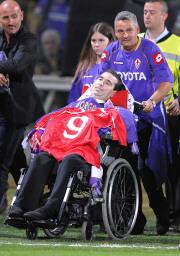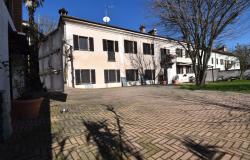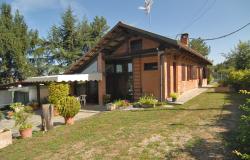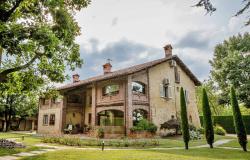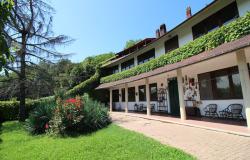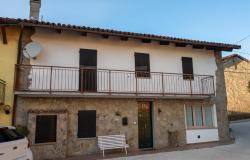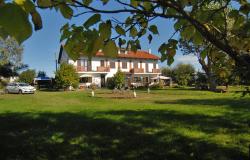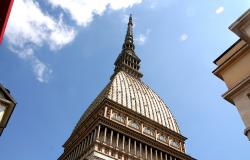An Italian-led study has identified a gene that regulates the killer nerve-wasting disease Amyotrophic Lateral Sclerosis (ALS).
''This is a first but very important piece of the jigsaw in discovering the causes that trigger this mysterious and crippling disease,'' said lead researcher Adriano Chio' of Turin's La Molinette hospital.
The study, which appears in the current edition of the journal Human Molecular Genetics, was carried out last year by ten Italian research centres, five in America, two in London and two in Germany.
It was coordinated by La Molinette's neurology department under the direction of Roberto Murani.
Tests were performed on 2,161 patients, 900 of them Italian. The others were American and German.
The 1.5-million-euro two-phase study, which looked at the so-called 'sporadic' type of ALS and not the hereditary type, identified a gene called Sunc1 which appears to play a predominant role in regulating ALS.
But Chio' said Sunc1 was ''probably just the tip of the iceberg''.
He said the study will now move into a third phase in which 300 new patients will be examined, all of them Italian.
''The goal will be to try and find the other genes,'' Chio' said.
Chio' has been helping Turin prosecutor Raffaele Guariniello investigate the apparently disproportionate occurrence of ALS, or Lou Gehrig's Disease, in the Italian soccer world.
But the researcher stressed that ''ALS can strike anyone''.
''We recently discovered a higher occurrence (of the disease) also among farm workers and welders who frequently handle certain types of metals,'' he said.
However, Chio' cautioned that ''thus far, epidemiological studies on the diffusion of this disease are far from discovering its true cause''.
''The important thing is to press on with research, especially now that these important results have laid a major building block.''
The 2008 study was funded by the Italian Soccer Federation (FIGC), the Italian government's Health Institute and the regional government of Piedmont.
The third phase has already been approved and the Italian health minisry has already earmarked 400,000 euros towards it.
SOCCER DEATHS.
Guariniello, the Turin prosecutor assisted by Chio', has been investigating suspect soccer deaths for ten years.
He is probing the deaths of 35 former soccer players.
ALS funding received a boost last year when former AC Milan and Fiorentina striker Stefano Borgonovo, 44, revealed he was suffering from it.
The Italian funding drive kicked off last October when Borgonovo's ex-team mates including Ruud Gullit and Roberto Baggio appeared at a charity match in Florence.
Baggio called Borgonovo ''a modern hero''.
The FIGC and other bodies have backed Borgonovo's call to find ''a new penicillin''.
Before Borgonovo, former Genoa skipper Gianluca Signorini was the most prominent victim of ALS, dying of the disease six years ago at the age of 42.
Former Juventus striker Gianluca Vialli is also putting money into ALS research, stressing that suggested causes for the soccer cases like doping, traumatic injuries and pitch chemicals, have not been proven.
In America ALS is commonly known as Lou Gehrig's Disease after the first top sportsman to die of it, a legendary New York Yankees baseball player who died in 1941 at the age of 37.
British physicist Stephen Hawking is probably the best-known person living with ALS.
ALS is one of the most common neuromuscular diseases worldwide, and people of all races and ethnic backgrounds are affected. One to two people per 100,000 develop ALS each year.
In the general population, ALS most commonly strikes people between 40 and 60 years of age. Men are affected slightly more often than women.
Scientists have been vainly trying for decades to find a cause for ALS.
The onset of the disease has been linked to several factors, including a virus, exposure to neurotoxins or heavy metals, DNA defects, immune system abnormalities and enzyme flaws.
